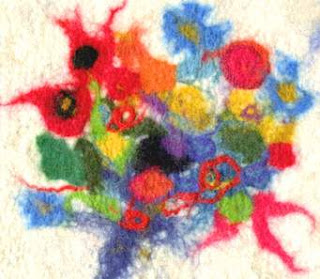Make-believe legitimizes dangerous culture
 |
| BOOKS Autumn in the Heavenly Kingdom: China, the West, and the Epic Story of the Taiping Civil War NONFICTION Marjorie Morningstar FICTION |
No Easy Target FICTION
The Stars Are Fire FICTION
 |
| WORDS MATTER
The city's women, following generations of moral instruction on how to behave in times of chaos, began putting themselves to death -- tens of thousands of them by the end. Like other Confucian governments before it, the Qing dynasty had celebrated female suicide as the pinnacle of virtue, and it ramped up its honors for women's suicide in the course of the civil war, Female suicide became a kind of perverse defensive measure against the rebels. Fearing rape and murder when the Taiping entered the city, the women of Hangzhou acted as they had been taught: they hanged themselves, poisoned themselves, stabbed themselves with knives, and threw themselves into wells to drown. ... from Autumn in the Heavenly Kingdom
'Athletics lasts for such a short period of time. It ends for people. But while it lasts, it creates this make-believe world where normal rules don't apply. We build this false atmosphere. When it's over and the harsh reality sets in, that's the real joke we play on people .... Everybody wants to experience that superlative moment, and being an athlete can give you that. It's Camelot for them. But there's even life after it.' from Friday Night Lights“We don’t want [more] foreign forces bombing our villages, arresting our people, destroying our homes and causing more war in Afghanistan,” he tells me. Such violence, he [Hamid Karzai, former president of Afghanistan and one-time ally of the United States] adds, in a nod to the Taliban insurgency, “naturally causes resentment” and “legitimizes any resistance to it.” |








Comments
Post a Comment